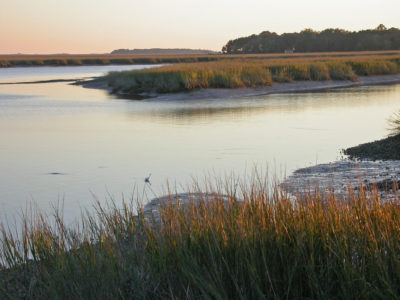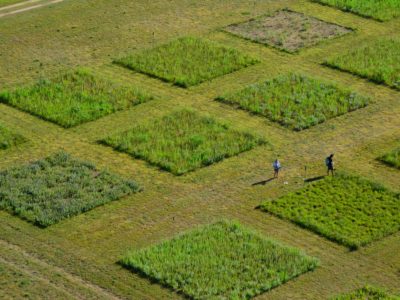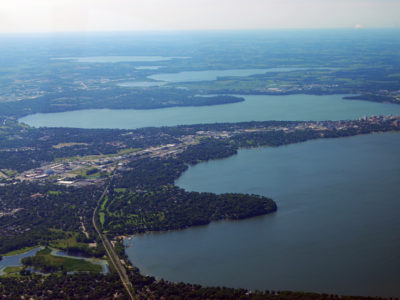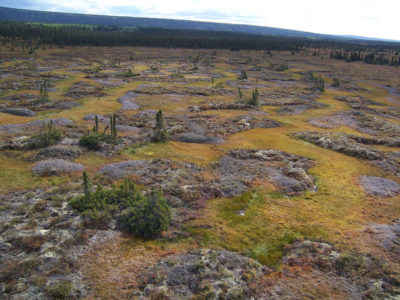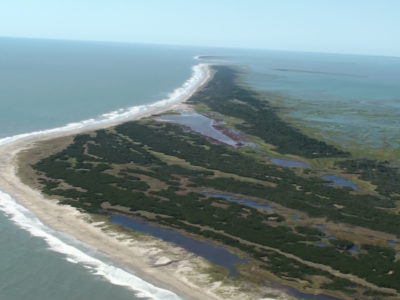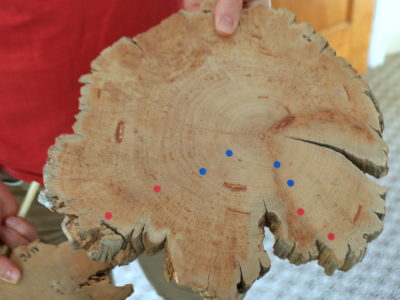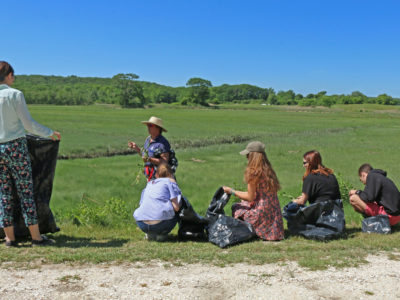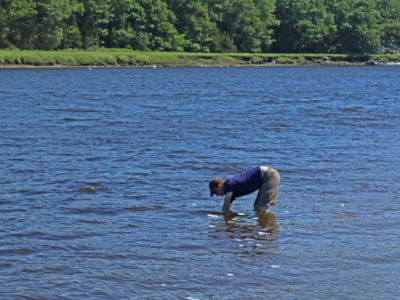2018 ESA Annual Meeting Presentations
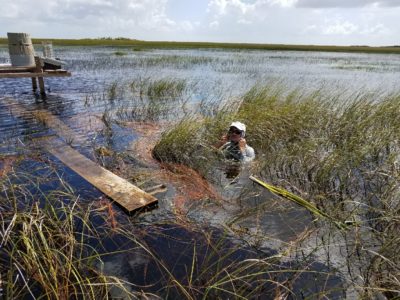
2018 ESA Annual Meeting Presentations In the past year alone, extreme events including hurricanes, droughts, and extensive fires have impacted significant regions of the United States—affecting the health of both natural habitats and human communities. Fittingly, the theme of this year’s Ecological Society of America (ESA) annual meeting is ‘Extreme events, resilience and human well-being.’… Read more »

